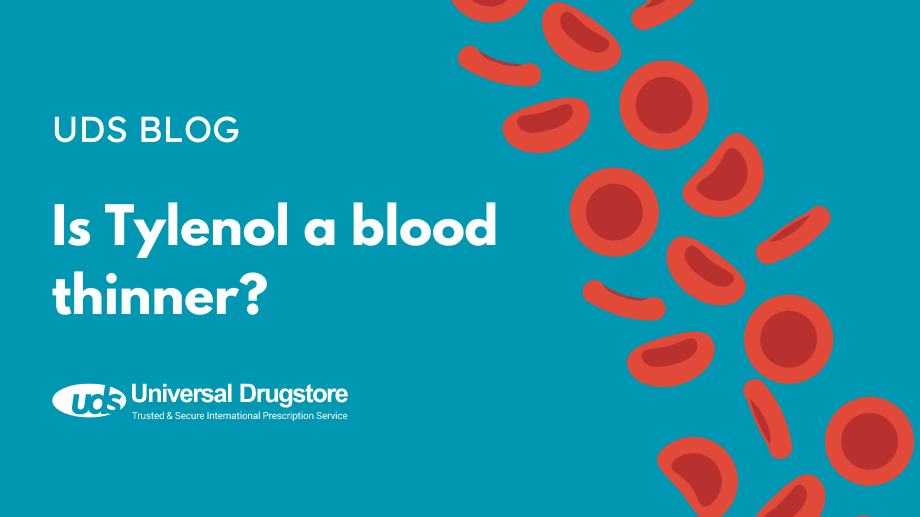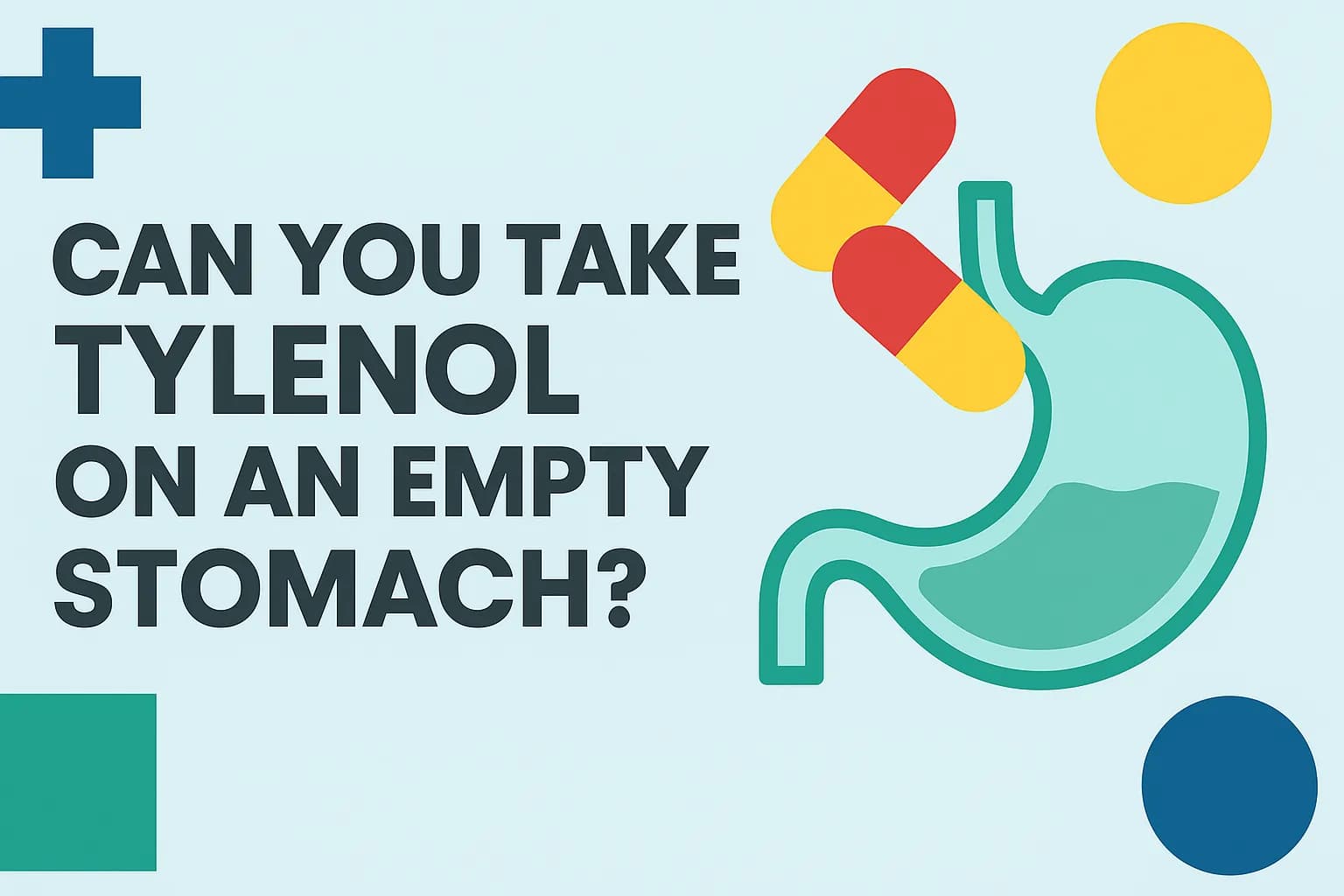Is Tylenol a blood thinner?

Tylenol (acetaminophen) is an over-the-counter pain reliever and fever reducer. It is not a blood thinner.
Blood thinners, classified as anticoagulants or antiplatelets, prevent blood clotting. Clots can block blood flow and lead to serious complications such as heart attack, stroke, and other cardiovascular diseases. Common oral blood thinners include aspirin, Eliquis (apixaban), Xarelto (rivaroxaban), Plavix (clopidogrel), and Coumadin (warfarin).
If you are on a blood thinner, your healthcare provider may recommend Tylenol for pain or fever instead of a nonsteroidal anti-inflammatory drug such as Advil/Motrin (ibuprofen) or Aleve (naproxen sodium), since those can have blood-thinning effects and increase bleeding risk.
However, long-term high-dose acetaminophen can interact with warfarin and increase bleeding risk. Contact your provider if you notice signs of bleeding such as frequent nosebleeds, easy bruising, prolonged bleeding from cuts or gums, heavy menstrual flow, unexpected vaginal bleeding, red or dark urine, or red or black stools.
What is Tylenol used for?
Tylenol is used to relieve mild to moderate pain from:
- Headaches
- Backaches
- Arthritis pain
- Toothaches
- Muscle aches
- Premenstrual and menstrual cramps
It is also commonly used to reduce fever.
How does Tylenol work?
The exact mechanism is not fully known. It is thought to block enzymes that make prostaglandins—compounds that signal pain—and to act on the brain’s heat-regulating center to lower fever.
What are the possible side effects of Tylenol?
Side effects are uncommon but may include nausea and headache. Serious side effects requiring immediate medical attention include:
- Allergic reaction: rash or hives, swelling of face, tongue, or lips, trouble breathing
- Liver damage: signs include dark urine, tiredness, abdominal pain, upset stomach, yellowing of skin or eyes
Taking too much Tylenol can cause severe, life-threatening liver problems. Adults should not exceed 4,000 mg per day; children’s dosing should be determined by a healthcare provider. Limit or avoid alcohol while taking Tylenol to protect your liver. Report any concerning symptoms to your healthcare provider immediately.
Shop Medications
These are not all possible side effects. Always seek medical advice and read prescribing information or Medication Guides. Report adverse effects to the FDA at www.fda.gov/medwatch or call 1-800-FDA-1088.
Are there drug interactions with Tylenol?
Tell your healthcare provider about all medications and supplements you take, including:
- Warfarin
- Alcohol
- Other products containing acetaminophen
When should you not take Tylenol?
Do not take Tylenol if you are allergic to acetaminophen or any inactive ingredients, or if you have severe liver disease or impairment.
What should you tell your healthcare provider before taking Tylenol?
Before starting Tylenol, inform your provider if you:
- Have liver disease
- Drink three or more alcoholic beverages per day
- Have phenylketonuria (some products contain aspartame)
- Are pregnant or planning pregnancy
- Are breastfeeding or planning to breastfeed
Does taking Tylenol increase bleeding risks during surgery?
Unlike NSAIDs and aspirin, Tylenol does not have blood-thinning properties. It is often recommended as a pain or fever treatment before surgery when bleeding risk must be minimized. Always consult your healthcare provider before taking any medication prior to surgery.
Related Medications
- Regular Strength Tylenol (acetaminophen)
- Tylenol Extra Strength (acetaminophen)
- Tylenol Arthritis (acetaminophen)
- Aleve (naproxen sodium)
- Advil (ibuprofen)
- Motrin (ibuprofen)
Sources
- Acetaminophen. StatPearls Publishing. Accessed Aug. 13, 2024.
- Tylenol Regular Strength – acetaminophen tablet. DailyMed. Accessed Aug. 13, 2024.
- Acetaminophen (OTC). Medscape. Accessed Aug. 13, 2024.
- What is Acetaminophen? Johnson & Johnson Consumer Inc. Accessed Aug. 13, 2024.








